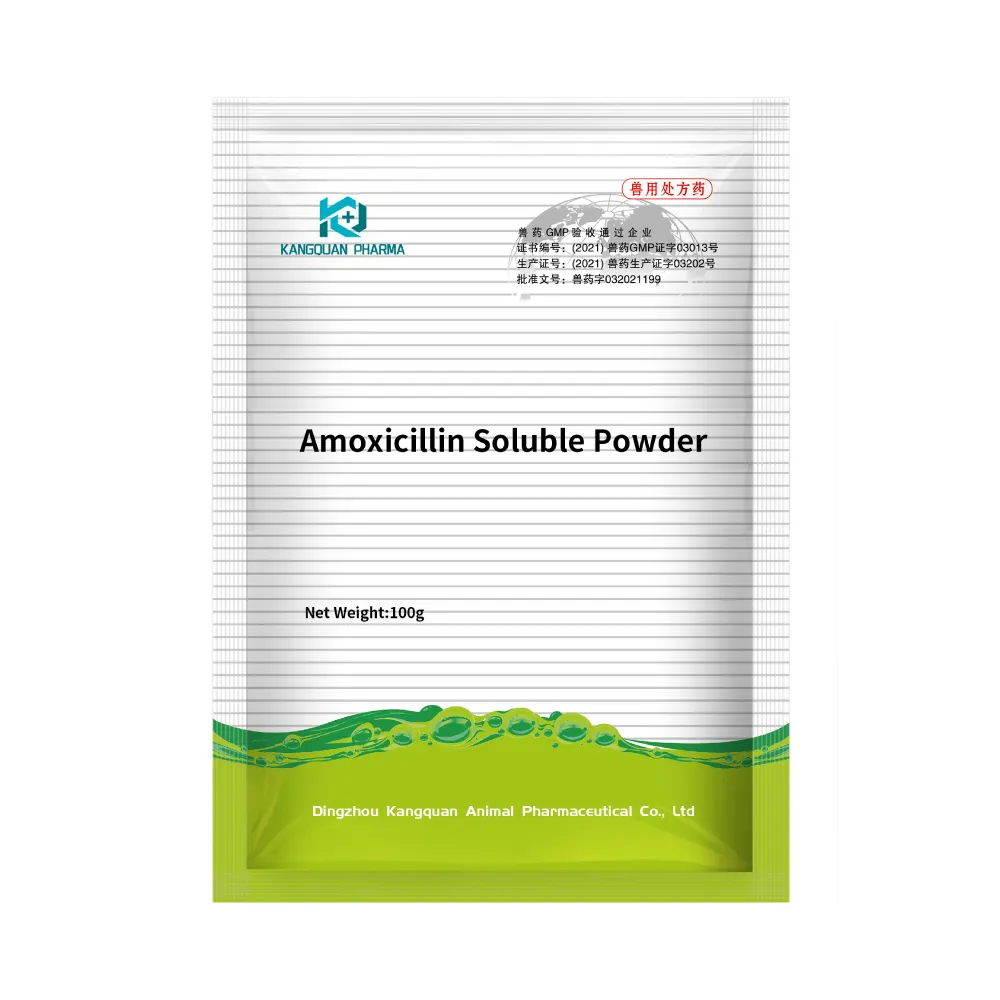- Afrikaans
- Albanian
- Amharic
- Arabic
- Armenian
- Azerbaijani
- Basque
- Belarusian
- Bengali
- Bosnian
- Bulgarian
- Catalan
- Cebuano
- Corsican
- Croatian
- Czech
- Danish
- Dutch
- English
- Esperanto
- Estonian
- Finnish
- French
- Frisian
- Galician
- Georgian
- German
- Greek
- Gujarati
- Haitian Creole
- hausa
- hawaiian
- Hebrew
- Hindi
- Miao
- Hungarian
- Icelandic
- igbo
- Indonesian
- irish
- Italian
- Japanese
- Javanese
- Kannada
- kazakh
- Khmer
- Rwandese
- Korean
- Kurdish
- Kyrgyz
- Lao
- Latin
- Latvian
- Lithuanian
- Luxembourgish
- Macedonian
- Malgashi
- Malay
- Malayalam
- Maltese
- Maori
- Marathi
- Mongolian
- Myanmar
- Nepali
- Norwegian
- Norwegian
- Occitan
- Pashto
- Persian
- Polish
- Portuguese
- Punjabi
- Romanian
- Russian
- Samoan
- Scottish Gaelic
- Serbian
- Sesotho
- Shona
- Sindhi
- Sinhala
- Slovak
- Slovenian
- Somali
- Spanish
- Sundanese
- Swahili
- Swedish
- Tagalog
- Tajik
- Tamil
- Tatar
- Telugu
- Thai
- Turkish
- Turkmen
- Ukrainian
- Urdu
- Uighur
- Uzbek
- Vietnamese
- Welsh
- Bantu
- Yiddish
- Yoruba
- Zulu
Қар . 16, 2024 01:39 Back to list
Gentamicin Sulfate Usage in Equine Medicine for Treating Infections in Horses
Gentamicin Sulfate for Horses An Overview
Gentamicin sulfate is an antibiotic that belongs to the aminoglycoside class of antibiotics, widely used in veterinary medicine, particularly for treating bacterial infections in horses. Its potent bactericidal properties make it a go-to choice for veterinarians dealing with a range of infectious conditions that can affect these large animals.
Mechanism of Action
Gentamicin works by interfering with bacterial protein synthesis. It binds to the 30S subunit of the ribosome, preventing the formation of critical proteins that bacteria need to grow and reproduce. This mechanism makes gentamicin effective against a broad spectrum of Gram-negative and some Gram-positive bacteria, making it particularly valuable in treating infections caused by pathogens like Pseudomonas aeruginosa, Escherichia coli, and Staphylococcus aureus.
Clinical Applications
In equine medicine, gentamicin is commonly used for
1. Respiratory Infections Many horses are susceptible to respiratory diseases, particularly in stressful environments such as race tracks or boarding facilities. Gentamicin is often part of the treatment regimen for pneumonia and other upper respiratory tract infections.
2. Skin Infections Skin conditions such as cellulitis or abscesses can arise from bacterial infections. Gentamicin is utilized in topical formulations or injected directly into affected tissues to promote healing.
3. Urinary Tract Infections Horses can suffer from urinary tract infections, especially when they have underlying conditions that compromise their immune system. Gentamicin can be administered systemically to address these infections effectively.
gentamicin sulfate for horses

4. Endometritis In mares, gentamicin is often used in treating endometritis, an inflammation of the uterus caused by bacterial infections. Proper treatment is crucial for maintaining reproductive health and fertility.
Administration and Dosing
Gentamicin sulfate can be administered through various routes, including intravenous (IV), intramuscular (IM), and topical applications. The dosing regimen will depend on the severity of the infection, the route of administration, and the specific needs of the horse. It's essential for veterinarians to calculate the correct dosage to avoid toxicity while ensuring effective treatment.
Side Effects and Considerations
While gentamicin is generally well-tolerated, there are potential side effects that owners and veterinarians should be aware of. Nephrotoxicity is a significant concern, particularly with prolonged use or higher doses. Regular monitoring of kidney function is recommended when treating horses with gentamicin to prevent adverse effects.
Additionally, due to the risk of antibiotic resistance, it is vital to use gentamicin judiciously. Veterinarians should only prescribe it when necessary and based on culture and sensitivity results whenever possible.
Conclusion
Gentamicin sulfate remains an essential antibiotic in equine medicine, effectively treating a wide array of bacterial infections in horses. Its powerful action against resistant bacteria makes it invaluable, but responsible use is critical to protect both animal and human health. With careful monitoring and adherence to veterinary guidelines, gentamicin can continue to play a vital role in maintaining the health and well-being of horses. Always consult a qualified veterinarian for diagnosis and treatment options tailored to individual cases.
-
Guide to Oxytetracycline Injection
NewsMar.27,2025
-
Guide to Colistin Sulphate
NewsMar.27,2025
-
Gentamicin Sulfate: Uses, Price, And Key Information
NewsMar.27,2025
-
Enrofloxacin Injection: Uses, Price, And Supplier Information
NewsMar.27,2025
-
Dexamethasone Sodium Phosphate Injection: Uses, Price, And Key Information
NewsMar.27,2025
-
Albendazole Tablet: Uses, Dosage, Cost, And Key Information
NewsMar.27,2025













